
Eugene Gladstone O'Neill was an American playwright. His poetically titled plays were among the first to introduce into the U.S. the drama techniques of realism, earlier associated with Russian playwright Anton Chekhov, Norwegian playwright Henrik Ibsen, and Swedish playwright August Strindberg. The tragedy Long Day's Journey into Night is often included on lists of the finest U.S. plays in the 20th century, alongside Tennessee Williams's A Streetcar Named Desire and Arthur Miller's Death of a Salesman. He was awarded the 1936 Nobel Prize in Literature. O'Neill is also the only playwright to win four Pulitzer Prizes for Drama.
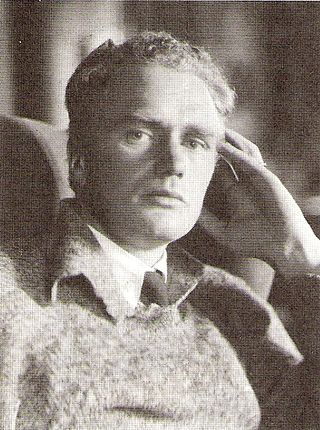
Jarl Robert Hemmer was a Swedish-speaking Finnish author. He was nominated for the Nobel Prize in Literature in six consecutive years.

The 1901 Nobel Prize in Literature was the first awarded Nobel Prize in Literature. It was awarded to the French poet Sully Prudhomme (1839–1907) "in special recognition of his poetic composition, which gives evidence of lofty idealism, artistic perfection and a rare combination of the qualities of both heart and intellect."
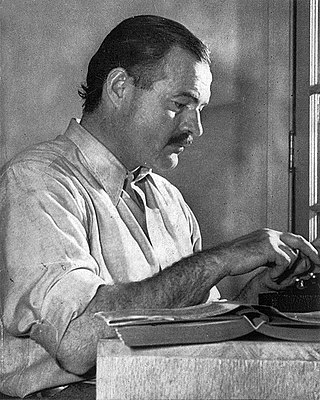
The 1954 Nobel Prize in Literature was awarded to the American author Ernest Hemingway (1899–1961) "for his mastery of the art of narrative, most recently demonstrated in The Old Man and the Sea, and for the influence that he has exerted on contemporary style."
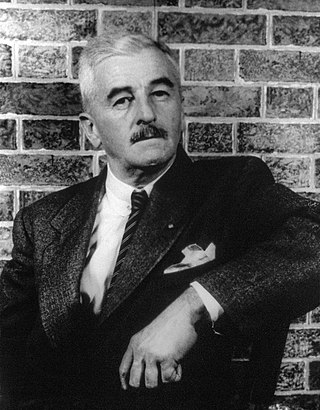
The 1949 Nobel Prize in Literature was awarded the American author William Faulkner (1897–1962) "for his powerful and artistically unique contribution to the modern American novel." The prize was awarded the following year on October 1950. The Nobel Committee for Literature had decided that none of the nominations for 1949 met the criteria as outlined in the will of Alfred Nobel, and the prize was reserved until the following year.
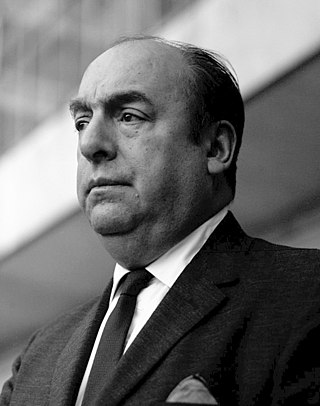
The 1971 Nobel Prize in Literature was awarded to the Chilean politician and poet Pablo Neruda (1904–1973) "for a poetry that with the action of an elemental force brings alive a continent's destiny and dreams." Neruda became the second Chilean Nobel laureate in Literature after Gabriela Mistral in 1945.

The 1938 Nobel Prize in Literature was awarded to the American author Pearl S. Buck (1892–1973) "for her rich and truly epic descriptions of peasant life in China and for her biographical masterpieces." Buck was the first female American to be awarded the Nobel Prize and the third American recipient following Eugene O'Neill in 1936 and Sinclair Lewis in 1930. She was also the fourth woman to receive the prize.

The 1956 Nobel Prize in Literature was awarded to the Spanish poet Juan Ramón Jiménez (1881–1958) "for his lyrical poetry, which in Spanish language constitutes an example of high spirit and artistical purity" He is the third Spanish recipient of the prize after the dramatist Jacinto Benavente in 1922.
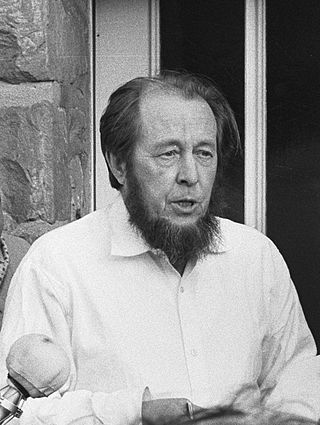
The 1970 Nobel Prize in Literature was awarded to the Russian novelist Aleksandr Solzhenitsyn (1918–2008) "for the ethical force with which he has pursued the indispensable traditions of Russian literature." For political reasons he would not receive the prize until 1974. Solzhenitsyn is the fourth Russian recipient of the prize after Ivan Bunin in 1933, Boris Pasternak in 1958 and Mikhail Sholokhov in 1965.
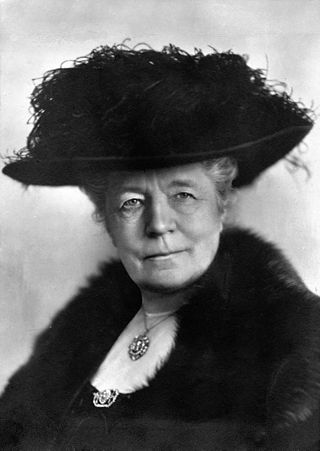
The 1909 Nobel Prize in Literature was awarded to the Swedish author Selma Lagerlöf (1858–1940) "in appreciation of the lofty idealism, vivid imagination and spiritual perception that characterize her writings." She became the first woman and first Swede to be awarded the prize.

The 1907 Nobel Prize in Literature was awarded to the British writer Rudyard Kipling (1865–1936) "in consideration of the power of observation, originality of imagination, virility of ideas and remarkable talent for narration which characterize the creations of this world-famous author." He is the first English-language writer to receive the prize, and being aged 41, is its youngest recipient to date.
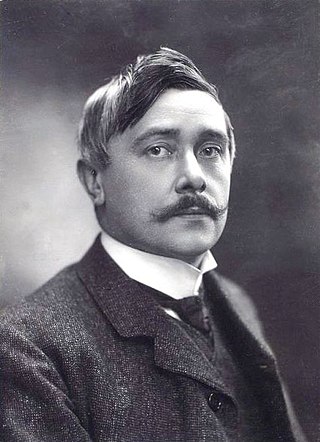
The 1911 Nobel Prize in Literature was awarded to the Belgian author Maurice Maeterlinck (1862–1949) "in appreciation of his many-sided literary activities, and especially of his dramatic works, which are distinguished by a wealth of imagination and by a poetic fancy, which reveals, sometimes in the guise of a fairy tale, a deep inspiration, while in a mysterious way they appeal to the readers' own feelings and stimulate their imaginations." He is the first and remains only the Belgian recipient of the prize.
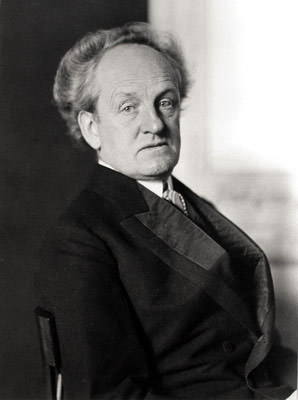
The 1912 Nobel Prize in Literature was awarded to the German dramatist and novelist Gerhart Hauptmann (1862–1949) "primarily in recognition of his fruitful, varied and outstanding production in the realm of dramatic art." He is the fourth German author to become a recipient of the prize after Paul Heyse in 1910.

The 1951 Nobel Prize in Literature was awarded the Swedish author Pär Lagerkvist "for the artistic vigour and true independence of mind with which he endeavours in his poetry to find answers to the eternal questions confronting mankind." Lagerkvist is the fourth Swedish recipient of the Nobel Prize in Literature after Lagerlöf in 1909, Von Heidenstam in 1916, and Karlfeldt in 1931.

The 1939 Nobel Prize in Literature was awarded to the Finnish writer Frans Eemil Sillanpää (1888–1964) "for his deep understanding of his country’s peasantry and the exquisite art with which he has portrayed their way of life and their relationship with Nature." He is the first and the only Finnish recipient of the prize.

The 1930 Nobel Prize in Literature was awarded to the American novelist Sinclair Lewis (1885–1951) "for his vigorous and graphic art of description and his ability to create, with wit and humour, new types of characters." He is the first American Nobel laureate in literature.

The 1937 Nobel Prize in Literature was awarded to the French author Roger Martin du Gard "for the artistic power and truth with which he has depicted human conflict as well as some fundamental aspects of contemporary life in his novel-cycle Les Thibault".

The 1935 Nobel Prize in Literature was not awarded after the Swedish Academy decided that no author in the field of literature was a suitable candidate. Hence, the prize money for this year was 1⁄3 allocated to the Main Fund and 2⁄3 to the Special Fund of this prize section.
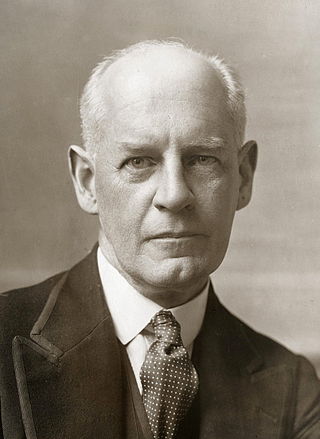
The 1932 Nobel Prize in Literature was awarded to the British author John Galsworthy "for his distinguished art of narration which takes its highest form in The Forsyte Saga".
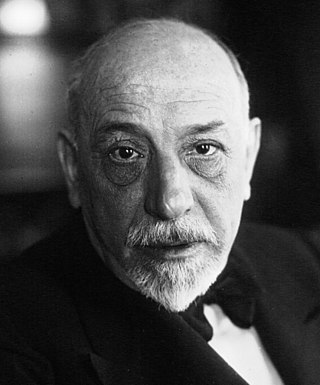
The 1934 Nobel Prize in Literature was awarded to the Italian dramatist Luigi Pirandello (1867-1936) "for his bold and ingenious revival of dramatic and scenic art".





















